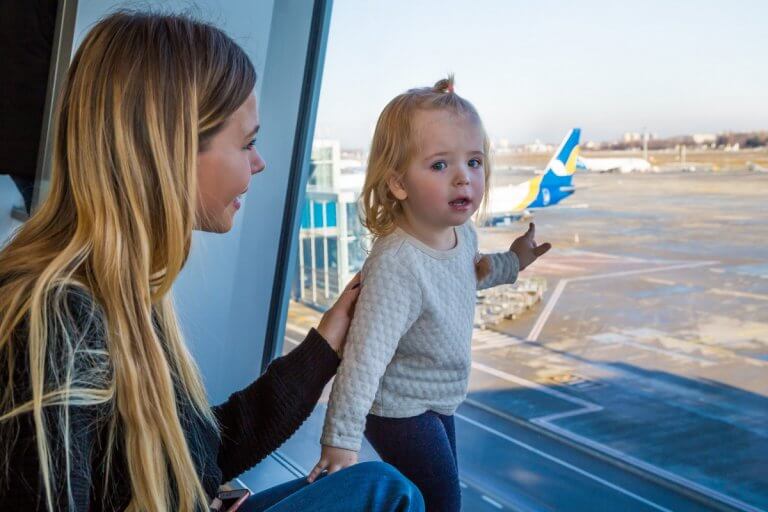
Starting a family is undeniably a life-changing step – and so is starting a PhD. Faced with a decision, family tends to come first, but many people understandably want both.
And why shouldn’t they?
In an article for Times Higher Education, Professor Andrew Basden claimed the whole PhD process discriminates against international students who have family commitments, ‘robbing’ humanity of their unique insights and perspectives.
In fact, the entire system is flawed, added the University of Salford professor of human factors and philosophy in information systems.
Currently in the UK, domestic students and students from the European Union (EU) are able to study part-time but due to visa regulations, international students must study full-time.
It is no secret children take up a lot of their parent’s time; cooking, cleaning, picking them up after school, organising childcare, caring for them when they are unwell, doctor’s visits, liaising with schools and more. And in many cultures, family life is of a much higher priority to people than it is in the UK so occasionally, students are met with little sympathy.
The majority of PhD students do not have these commitments, enabling them to work longer hours, dedicate more time to their reading, research, and paper writing. This allows them significantly more time to bulk their CVs and become an integral part of the research community, whereas those tied to family commitments may find themselves struggling.
“Has any UK university actively considered the issue and taken steps to make PhDs family-friendly?” #PhDlife #PhDchat https://t.co/djqDltbu6V
— Times Higher Education (@timeshighered) April 4, 2018
But time is not the only concern for PhD students with families: the pressure, and resulting stress, they feel is intensified. And these students don’t only have themselves to consider: their entire family unit is likely to suffer as a result.
So not only do family-oriented international students have a lack of time to study, the stress it creates hinders their ability to work effectively, “read widely and think critically and creatively,” Basden wrote.
“It’s a vicious circle and preclusion from the PhD community exacerbates these problems,” he said.
Come graduation, students with family commitments often find themselves disadvantaged with less on their CVs and reduced career opportunities as a result.
Many prospective PhD students with families – especially single parents – feel it is too implausible a dream to study for a PhD in their home country let alone abroad. But it doesn’t have to be this way.
We need family-friendly PhDs for international students https://t.co/o0227U02YD via @timeshighered
— New Neighbours (@tweetdavesage) April 5, 2018
So, what can be done?
There are very few ‘family-friendly’ PhDs out there right now. In fact, Basden claimed from a quick Google search he found zero programs in the UK and just two in the US.
Basden claimed universities worldwide should see family-friendly PhDs as a “pioneering opportunity”. Providing more flexible programs which students could tailor to meet the demands of family life, would be a breakthrough.
Equally, providing family-friendly accommodation near the university for students and their families would make things significantly easier for the family and the student’s work-life balance as it eliminates travel time and expenses.
Additionally, creating support groups for these students would give way to a whole new community which could be happily integrated into the overall research community.
But not all of it is within the universities’ control: visa regulations can also hinder students’ ability to access PhD courses abroad. Changing visa regulations is no simple feat, but it is possible for universities to work around existing regulations.
Creating four-year PhD options, which would be the middle ground between full-time and part-time study, would mean visas could be issued for the full length of the course, increasing accessibility and enabling universities to open their doors to more international students.
Liked this? Then you’ll love…
Another Canadian university drops international PhD tuition to local rate
What to consider before you move abroad to study when you have a family







